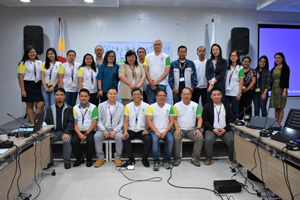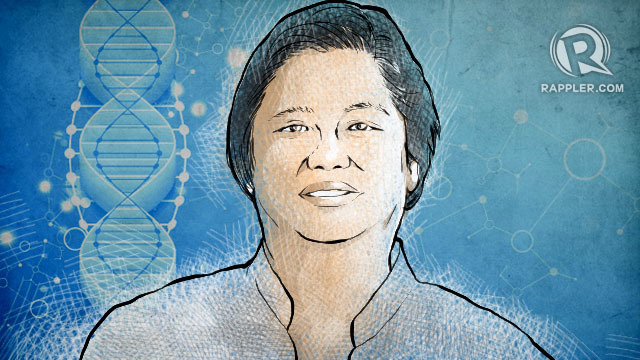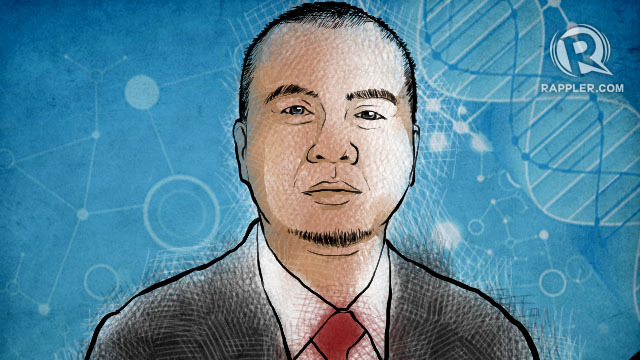8 outstanding Filipino scientists cited, lauded
By Hannah Torregoza
Detained Senator Leila de Lima has filed a resolution calling on the Senate to honor the eight outstanding Filipino scientists who made it to the list of the 2018 “Asian Scientist 100” of the Singapore-based Asian Scientist magazine.

Senator Leila de Lima (REUTERS/Romeo Ranoco / MANILA BULLETIN)
In filing Senate Resolution No. 714, de Lima sought the upper chamber’s approval of the measure to congratulate, commend and honor the eight Filipinos for bringing glory and prestige to the Philippines through the recognition.
“The Senate of the Philippines has, in various occasions, paid tribute to notable and admirable Filipinos. The eight honorees have shown admirable dedication and commendable commitment in the development and enrichment of science and technology in the country,” de Lima said in the resolution.
The “Asian Scientist 100” recognizes exemplary researchers, academicians, innovators and business leaders in Asia.
Among the distinguished Filipinos duly recognized by the award-giving body include Dr. Aletta T. Yñiguez who is a recipient of the 2017 National Academy of Science and Technology Outstanding Young Scientist (NAST OSY) award for her work on “modeling the dynamics of the ocean ecosystem to build early warning systems.
The other Filipino scientists recognized by the publication are Dr. Phillip A. Alviola who is known for his research contributions on mammalian ecology and bat virology; Dr. Nathaniel P. Hermosa II who is a recipient of the 2017 Eduardo A. Quisumbing Medal, Dr. Rogel Mari D. Sese who is leader of the Philippines’ National Space Development Program (NSDP); Dr. Mario Antonio L. Jiz II, who is a recipient of the 2017 NAST OSY Award for his valuable contribution in understanding schistosomiasis; Jeffrey S. Perez who gained a spot for his contribution in the field of geology; Dr. Lanndon A. Ocampo who received 2017 NAST OSY Award for his significant contributions in theory and in practice of manufacturing sustainability and risk analysis and Dr. Lucille V. Abad who earned the Julian A. Banzon Medal as a 2017 Outstanding Research and Development Awardee for her research on using irradiated seaweed as a plant growth supplement.














